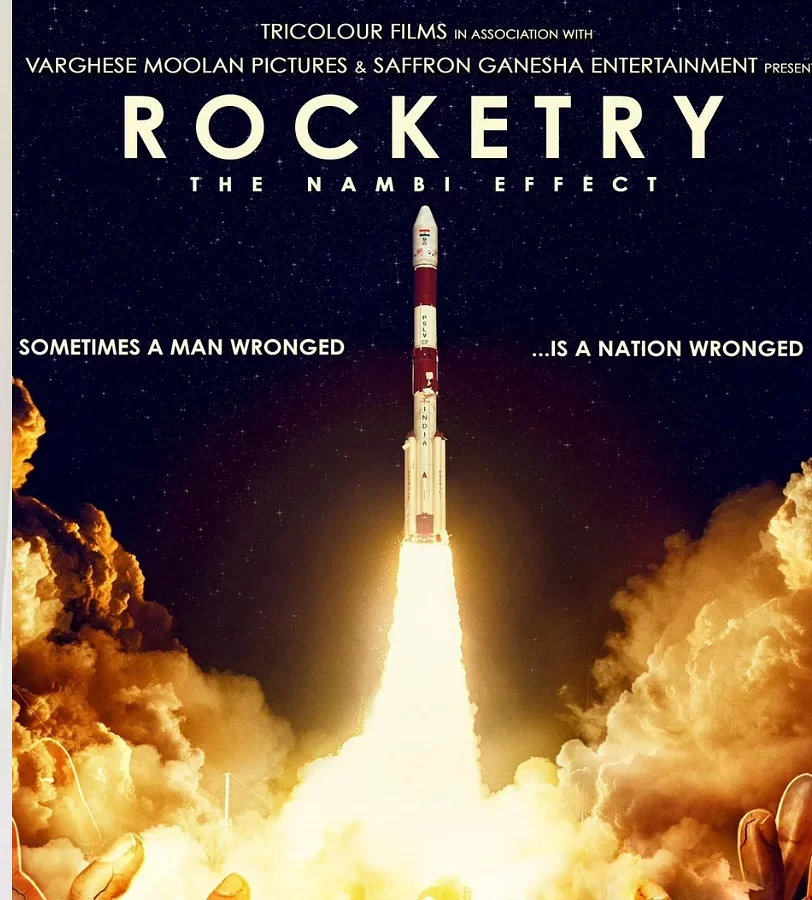MUMBAI: Ricall, the online music licensing marketplace, has signed a global deal with EMI Music.
Under the new agreement, EMI will utilize Ricall’s online platform to help increase the opportunities for its artists to generate income from synchronisation licensing – the commercial use of its music in adverts, films, TV programmes, video games, corporate videos and events, new media productions and premium licensing for music promotions by major brands.
EMI Music represents a diverse roster of artists and one of the richest catalogues of recordings ever assembled from stars such as Lily Allen, Blur, Corinne Bailey Rae, The Beach Boys, The Beatles, Coldplay, Depeche Mode, Goldfrapp, Gorillaz, Hot Chip, Norah Jones, Nigel Kennedy, The Kooks, Lenny Kravitz, Kylie, Moby, Pink Floyd, Queen, Simon Rattle, Rolling Stones, KT Tunstall, Keith Urban and Robbie Williams. Its music spans all tastes and genres – from pop, rock, urban and country, to classical, jazz, christian and world music, to children’s, easy listening and spoken word.
EMI Music executive vice president of global sales Ronn Were said, “EMI Music’s goal is to create maximum exposure and value for our artists’ music by embracing digital technologies and providing the best service to customers. Ricall’s technology will help us deliver a seamless process to business clients wishing to access EMI’s repertoire on a global basis. It is a great system that complements our existing search tools and is a very effective means of reaching new clients, giving our artists more opportunities to generate revenue through all kinds of established and emerging platforms.”
Ricall founder and CEO Richard Corbett said, “We are delighted to announce this deal with EMI which will see Ricall working closely with a second major music group to promote their entire global music catalogue for licensing via Ricall. Synch and premium licensing are a significant and rapidly growing source of revenue for the music industry. Ricall’s unique platform enables copyright owners to take full advantage of this additional market by processing a much greater volume of music licensing more efficiently and cost effectively.”




